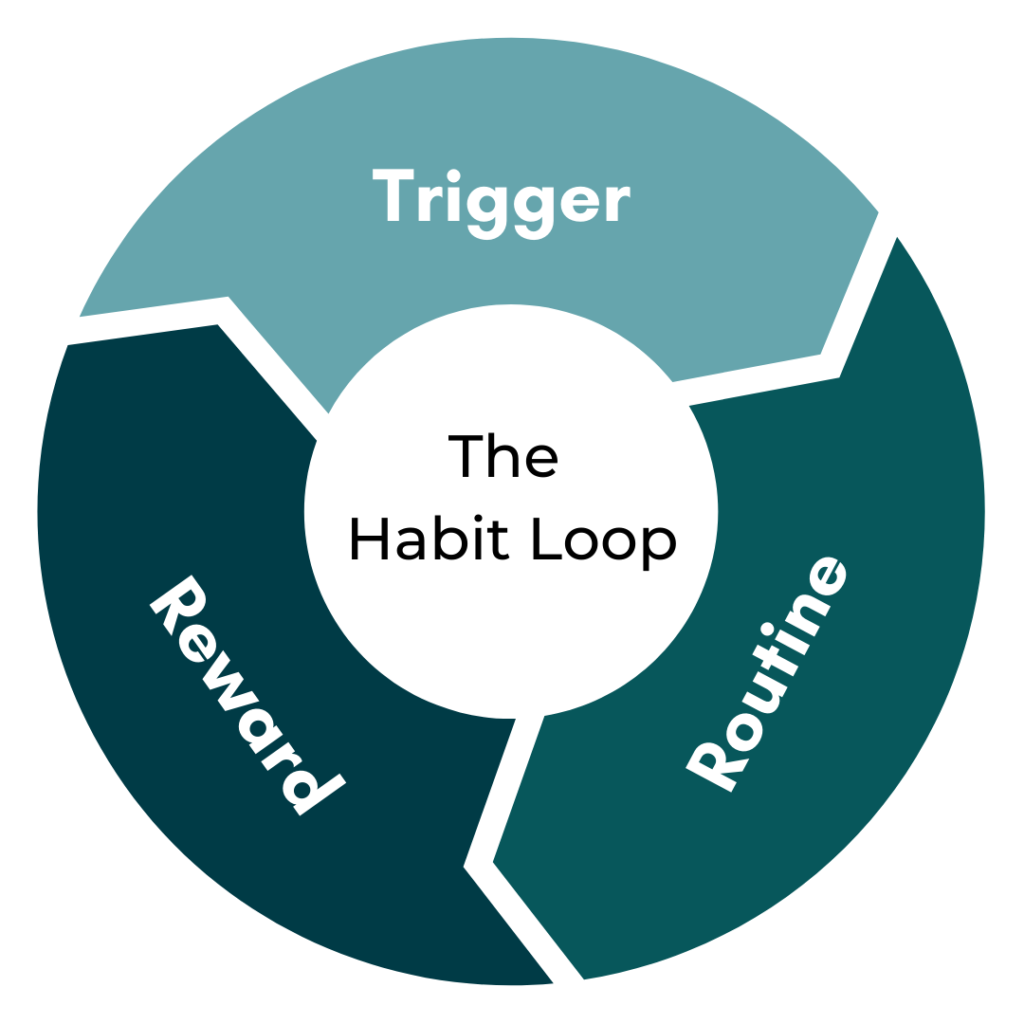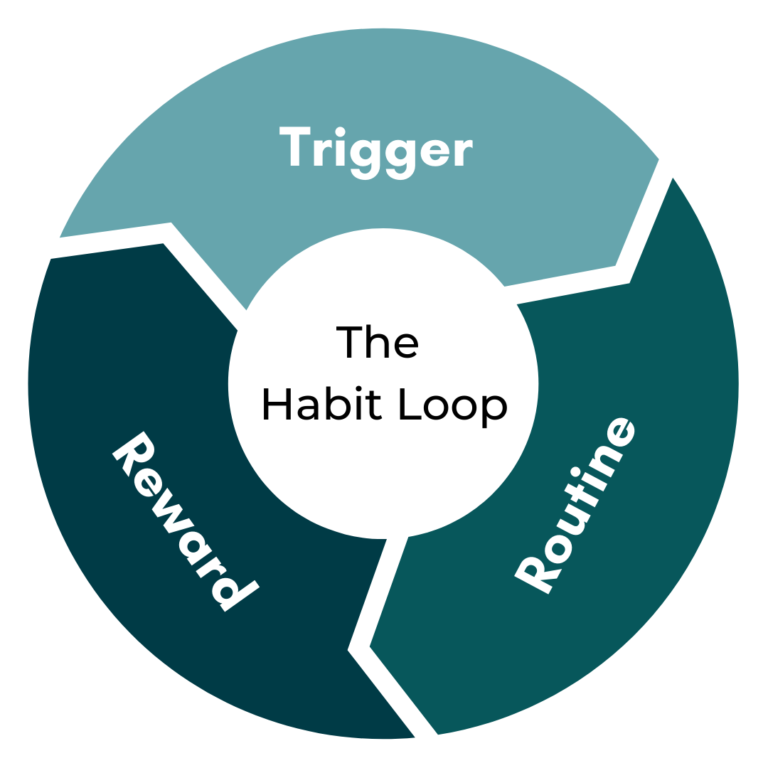Every action we take in our daily lives has a direct or indirect impact on the environment. It’s crucial to identify which bad habits we should stop doing and, more importantly, what we can do to become more environmentally friendly each day. While these actions may appear small, their cumulative effect is significant. By incorporating these changes into our daily routines, we can make a meaningful difference in preserving the environment for future generations.

Reduce plastic usage
Plastic pollution is a significant environmental issue, with approximately 11 million metric tonnes of plastic waste entering our oceans annually. This plastic waste not only harms marine life, causing injuries and fatalities to countless animals, but also disrupts the vital role of oceans as carbon sinks. Oceans absorb about one-third of the carbon dioxide produced by human activities, but plastic pollution hinders this process.
It is important to reduce plastic, especially single-use plastic, not only for the well-being of animals but also for our own health. The UK has implemented laws to prohibit the sale of it, prompting brands to adjust. Tennents is enhancing the sustainability of its beer by eliminating single-use plastic from its cans and recycling them.
Energy-saving Practices
Implementing energy-saving tips are beneficial, not only for the planet, but also for your wallet. Simple actions such as turning off lights when leaving a room and unplugging electrical appliances when not in use are easy habits to adopt. These small changes can lead to significant savings on your energy bills over time.
In addition to these small gestures, certain investments in your home can help you reduce your energy consumption and, therefore, your bills. By installing solar panels or tiles, you can directly benefit from government grants aimed at promoting renewable energy sources. These changes can have a significant impact on both your energy costs and your environmental footprint.
Eco-friendly shopping choices
Customers possess substantial purchasing power and can significantly influence the improvement of brands. When we choose to support eco-responsible brands, we effectively communicate a clear message to their competitors, prompting them to make necessary adaptations to meet changing consumer demands.
When considering eco-friendly shopping, it’s important to note that while it may initially seem more expensive and challenging, numerous sustainable options are available for a wide range of products. From eco-friendly toilet paper made from recycled materials to ecologic sunglasses, and even sustainably produced beer, there are plenty of choices for those looking to shop in an environmentally conscious manner.
Support sustainable brands
As mentioned earlier, consumers can have a significant impact on brands. That’s why it’s important to support brands that are committed to the environment, not just those offering organic products. To identify these brands, here are some actions taken by environmentally conscious brands :
- Using natural materials that biodegrade easily
- Choosing eco-friendly packaging
- Switching to a paperless office
- Implementing a company recycling policy
- Encouraging cycling
Some brands don’t always offer natural products, but they take action to preserve the planet. Buying from these brands also helps to save the planet. For example, the Adobe software brand won the Greenest IT company award.
Conclusion: Making a Difference with Daily Eco-Friendly
Incorporating eco-friendly practices into our daily routines is essential for environmental conservation. By reducing plastic use, adopting energy-efficient habits, and making sustainable shopping choices, we can significantly reduce our ecological footprint.
Supporting brands committed to sustainability further amplifies our positive impact. Every small effort adds up to create a powerful collective action, ensuring a healthier planet for future generations. Let’s commit to prioritizing sustainable living and inspire others to do the same, thus shaping a better world for tomorrow.

